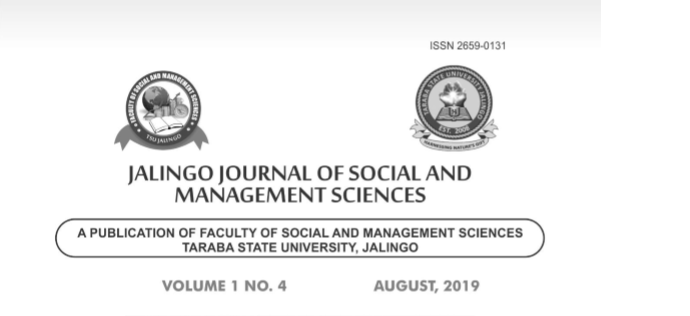The Role of Political Parties in Democratic Consolidation: Nigeria’s Fourth Republic
Keywords:
Democracy, Ideology, Integration, Legitimacy Participation, Political PartiesAbstract
Nigeria once again keyed into what most scholars termed as the third wave of democratic experience which it christened, the Fourth Republic in 1999. This came with the emergence of political parties, which were initially three registered, but with time these have increased. In spite of these increases and level of political awareness in the system, they are observed not to be effectively assuming its roles in engendering democratic consolidation. Political parties and democracy in any setting, assumes an axiomatic relationship. To this end political parties and democracy are supposed as same coin of different sides in a relationship. But in the Nigeria Fourth Republic it is saddening that political parties does little or nothing in deepening or consolidating democracy. This paper, therefore, seeks for those roles of political parties in deepening democracy in the system and how the political parties in Nigeria’s fourth republic will key into these roles. Particular focus was placed on those factors that can be used to consolidate democracy, these include ideology, participation, legitimacy and integration. In achieving this, the secondary source of data collection, which involves the usage of books, journal, periodicals, and newspapers among others was highly depended on while the structural functionalist theory was deployed as the theoretical framework. In conclusion, this paper recommends various ways political parties through its roles can effectively contribute to democratic consolidation in Nigeria’s fourth Republic, especially through tackling the crises emanating from participation, integration, legitimacy, among others.

Downloads
Published
Issue
Section
License
Copyright (c) 2023 JALINGO JOURNAL OF SOCIAL AND MANAGEMENT SCIENCES

This work is licensed under a Creative Commons Attribution-NonCommercial 4.0 International License.
